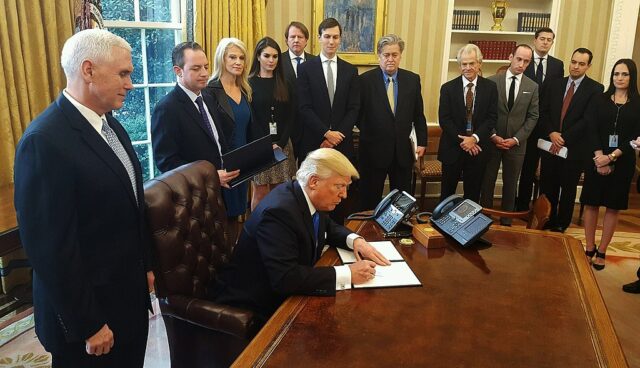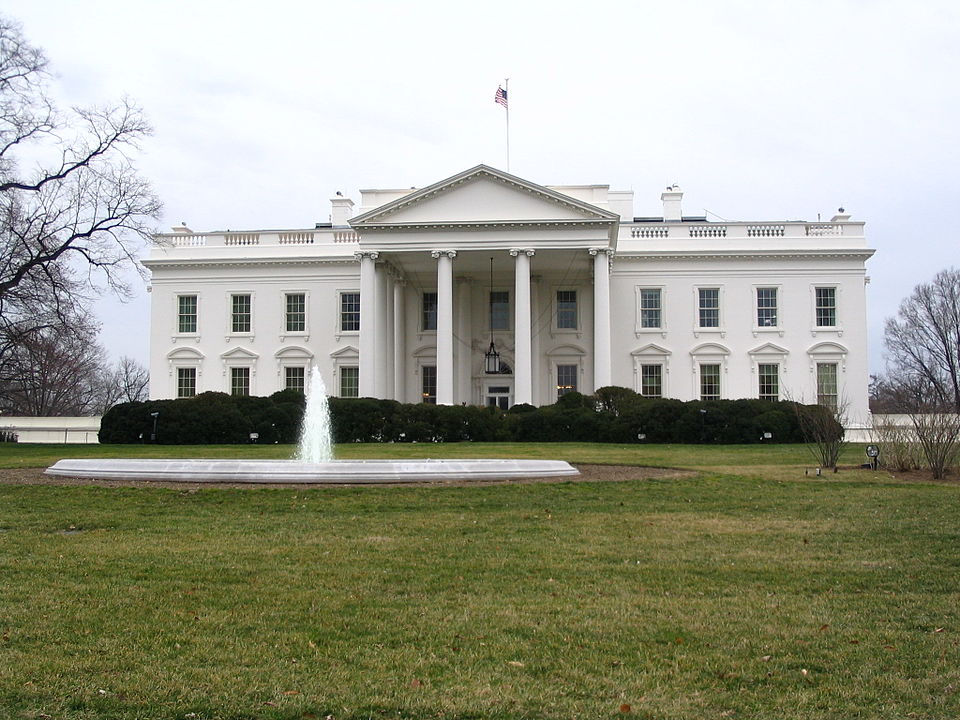A Call to Action: Reforming the National Security Council
Joshua Steinman, the former senior director for cyber on President Trump’s National Security Council (NSC), has issued a stark warning to the incoming president that demands immediate attention. Steinman, who loyally served from Trump’s first day in office to his last, cautions that mistakes in NSC staffing could spell disaster for the administration’s second term, leading to either ineffectiveness or outright betrayal. His insights form a compelling argument for a complete overhaul of the NSC as the cornerstone of Trump’s efforts to govern effectively.
The NSC, as Steinman explains, is not merely a bureaucratic appendage. It is the quarterback of the White House—the entity tasked with ensuring that the president’s directives are executed seamlessly across the vast machinery of the federal government. “If the president is the owner of the football team, the NSC is the quarterback,” he asserts, underscoring the centrality of this institution in driving the administration’s policy agenda. And yet, Steinman’s concerns suggest that the team surrounding this quarterback may not be up to the task.
Reflecting on Trump’s first term, Steinman identifies a critical error: the decision to retain approximately 50% of the NSC staff from the Obama administration. This hesitation to implement a sweeping purge, according to Steinman, allowed disloyal actors to undermine Trump’s policies. Some of these holdovers allegedly continued to operate under Obama-era guidance until explicitly instructed otherwise. Steinman’s message is clear: “Removing people like this isn’t personal; it’s just prudent.”
The stakes are high. Steinman contrasts Trump’s initial approach with the swift and decisive action taken by President Biden, who executed a comprehensive purge of Trump-aligned NSC staff upon taking office. This move ensured that Biden’s team could implement his agenda without interference from ideological adversaries. Critics labeled Biden’s actions a “purge” and raised concerns about the politicization of traditionally non-partisan roles, but his administration’s determination to align its personnel with its policies proved effective in consolidating its power.
Steinman’s critique does not stop at holdovers. He raises alarms about new hires, questioning their loyalty and expertise. Among those rumored to join Trump’s team is Adam Howard, GOP Staff Director for the House Permanent Select Committee on Intelligence (HPSCI), who is set to take the critical role of senior director for intelligence programs. Steinman questions whether Howard’s background equips him to confront potential interference from the intelligence community—a task vital to ensuring Trump’s agenda is not derailed.
The urgency of Steinman’s warning lies in the fundamental truth that personnel is policy. For Trump’s administration to succeed, the NSC must be staffed with individuals who are not only loyal to his vision but also possess the subject-matter expertise to navigate the complexities of their roles. Steinman’s concerns about Anne Neuberger, the Biden-appointed NSC cybersecurity director, exemplify this need. Her alignment with policies on artificial intelligence and tech censorship could undermine Trump’s objectives, should she remain in place.
Trump’s response to these challenges is beginning to take shape. Key appointments to his NSC include:
- Michael Waltz, National Security Advisor: A Republican Congressman and retired Army Green Beret with a hardline stance on China.
- Alex Wong, Deputy National Security Advisor: A seasoned diplomat who oversaw North Korea policy during Trump’s first term.
- Sebastian Gorka, Senior Director for Counterterrorism: A known advocate for robust counterterrorism strategies.
- Brian McCormack, Senior Advisor: An energy consultant focusing on energy security.
- Andrew Peek, Middle East Policy Adviser: A seasoned expert on the region’s complexities.
While these appointments reflect a renewed emphasis on loyalty and alignment, Steinman’s cautionary tale lingers. The success of Trump’s second term hinges on avoiding the missteps of the first. The NSC’s ability to serve as an effective quarterback depends entirely on the quality of its staff. As Steinman aptly puts it, “The Intel Senior Director position is one of the most CRITICAL posts in U.S. Government.”
The broader implications of Steinman’s warning extend beyond Trump’s presidency. The debate over Biden’s NSC purge highlighted the tension between ensuring policy alignment and maintaining non-partisan governance. Critics, including the Heritage Foundation, argued that Biden’s actions undermined the apolitical nature of advisory roles, while supporters contended that loyalty is essential for effective governance. Trump’s administration must navigate this delicate balance, prioritizing mission alignment without descending into the partisanship that critics decry.
As Trump prepares to assume office once more, the lessons of his first term and Biden’s purge are clear: the NSC must be reimagined, restructured, and resolutely loyal to the President’s agenda. Failure to act decisively could jeopardize the very goals Trump has championed—from ending unnecessary conflicts to revitalizing the economy. Steinman’s call to action is both a warning and a roadmap: “Fix the NSC, fix the presidency.”
Sponsored by the John Milton Freedom Foundation, a nonprofit dedicated to helping independent journalists overcome formidable challenges in today’s media landscape and bring crucial stories to you.






